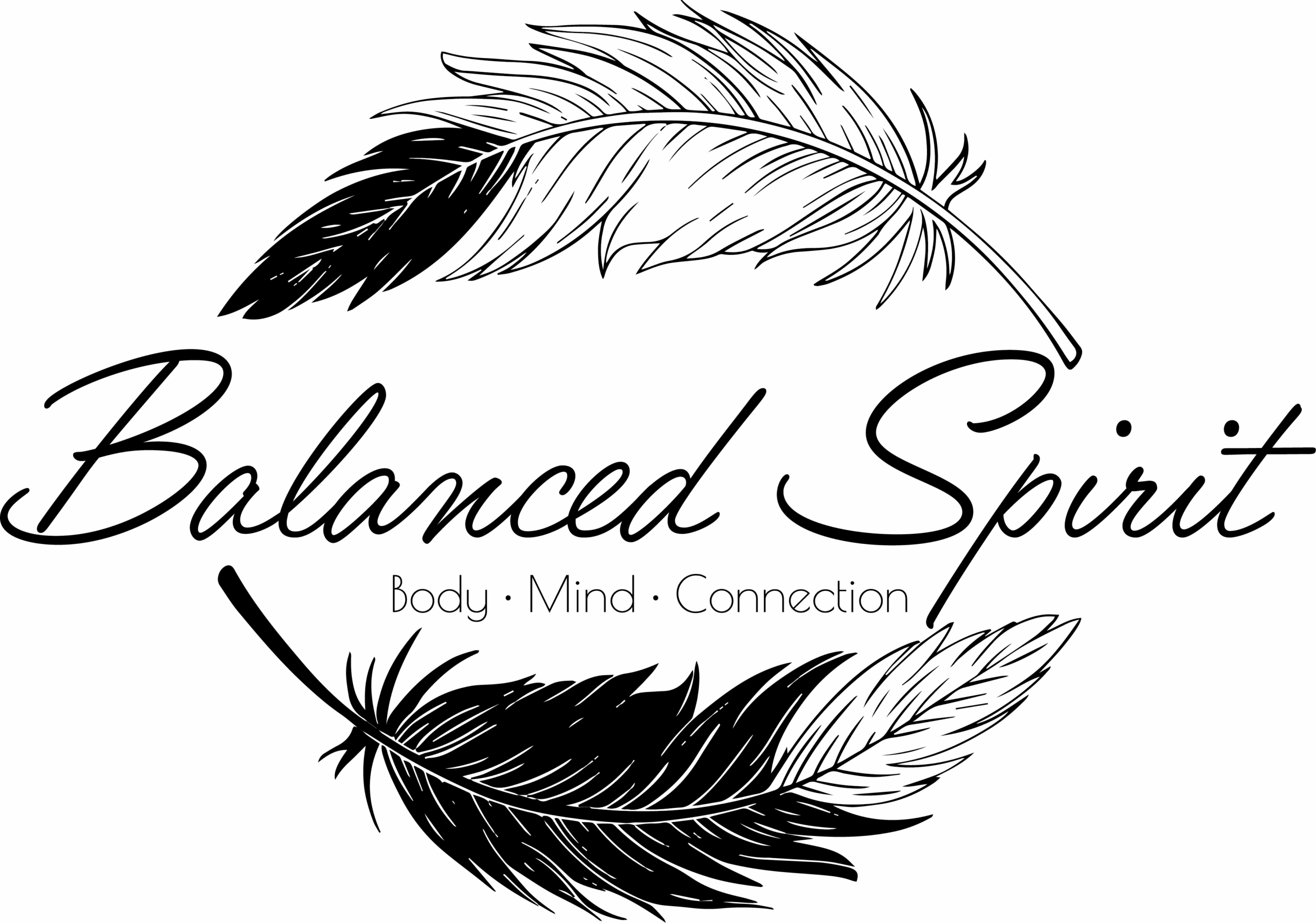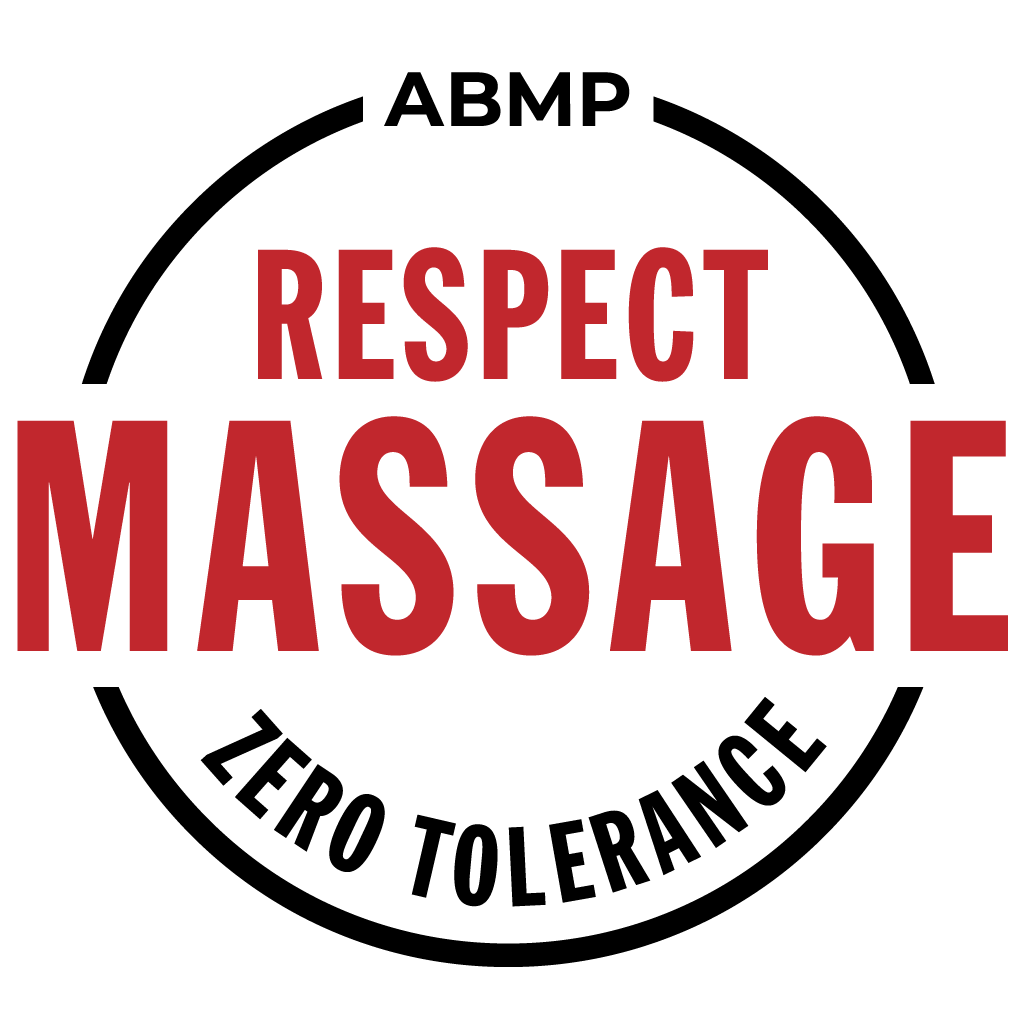When to Avoid Massage & Bodywork Services in the Spring & Summer Months: What You Need to Know-
As the warmer months roll in, many of us feel inspired to reconnect with our bodies and nature. Spring and summer often mean more outdoor activities, more sun exposure, and a renewed interest in self-care. Massage and bodywork are fantastic tools for relaxation, recovery, and overall well-being—but as with any wellness service, there are times when it’s better to postpone your session.
In particular, the spring and summer months come with a unique set of risks and conditions that can make massage and bodywork less safe or even harmful. Here’s a guide to when you should avoid or delay your massage and what precautions to keep in mind during these sunny seasons.
1. Poison Ivy, Oak, and Sumac Exposure
If you’ve been hiking, gardening, or enjoying the great outdoors and have come into contact with poison ivy, poison oak, or poison sumac, it’s best to reschedule your massage. These plants can cause itchy, blistering rashes that are not only uncomfortable but also contagious through oils (urushiol) that linger on your skin and clothing.
Why avoid massage?
Risk of spreading the rash to other parts of your body or even to your massage therapist.
Increased irritation from massage pressure or oils used during treatment.
Risk of infection if blisters are open or weeping.
Precaution tip: Always wash thoroughly after being in wooded or weedy areas, and alert your therapist if you’ve had any recent exposure—even if symptoms haven’t fully developed yet.
2. Sunburn
After a day in the sun, a massage might sound like the perfect remedy for sore muscles—but not if you’ve got sunburn.
Why avoid massage?
Pain and discomfort: Even gentle touch can be excruciating on burned skin.
Risk of skin damage: Massage can worsen the inflammation and delay healing.
Risk of infection: If your sunburn is severe enough to blister, massage increases the chance of breaking the skin.
Precaution tip: If you’re planning time in the sun, wear broad-spectrum SPF, seek shade during peak hours, and allow any sunburn to fully heal before booking your massage.
3. Insect Bites and Stings
Spending more time outside means increased exposure to mosquitoes, ticks, and bees. If you’re covered in itchy bites or nursing a swollen sting, massage may need to wait.
Why avoid massage?
Irritation and discomfort can be amplified during massage.
Risk of spreading inflammation from scratching or swollen areas.
Possible allergic reaction: In the case of tick bites, Lyme disease symptoms can start with subtle signs that are not ideal to aggravate through bodywork.
Precaution tip: Monitor any unusual or persistent bite, and if you’ve removed a tick recently, consult your doctor before scheduling massage.
4. Recent Overheating or Dehydration
Outdoor festivals, gardening in the heat, or even an intense hike can lead to dehydration and overheating. While massage may sound restorative, it’s not a good idea if your body is still recovering.
Why avoid massage?
Massage increases circulation, which can make dehydration worse.
Risk of dizziness or fainting if your body is already struggling with fluid and electrolyte imbalance.
Precaution tip: Drink plenty of water, avoid intense sun before your appointment, and reschedule if you’re feeling lightheaded or sluggish.
5. Fresh Cuts, Bruises, or Skin Conditions
Warmer months often mean more skin exposure—and more opportunities for scrapes, bruises, or flare-ups of skin conditions like eczema or heat rash.
Why avoid massage?
Skin integrity is key: Massage should never be performed on open or irritated skin.
Risk of worsening irritation or introducing infection.
Discomfort: Even minor skin damage can feel intense under massage pressure.
Precaution tip: Let your therapist know about any sensitive or healing areas so they can modify the session or reschedule if needed.
6. Active Illness or Contagious Conditions
Though this applies year-round, it’s especially important during spring allergy season and summer travel—when colds, viruses, and stomach bugs can be more common.
Why avoid massage?
Risk to your therapist and other clients.
Massage can worsen symptoms by increasing circulation and stimulating your immune system when your body needs rest.
Precaution tip: If you’re unsure whether you’re contagious or just dealing with allergies, it’s always better to play it safe and wait.
Spring and summer offer wonderful opportunities for movement, rest, and healing. But there are times when bodywork needs to be postponed in favor of your safety, comfort, and recovery. If you’re ever uncertain, don’t hesitate to contact your massage therapist and describe your symptoms or concerns—they’ll be more than happy to guide you.
Remember: Massage and bodywork are meant to support your body, not challenge it further when it’s vulnerable. With a little awareness and timing, you can enjoy the benefits of touch therapy all year long.



